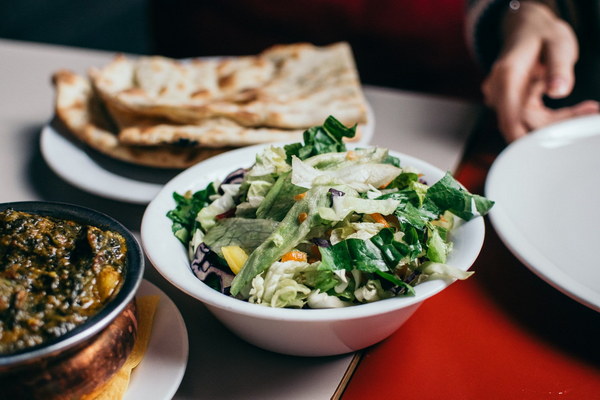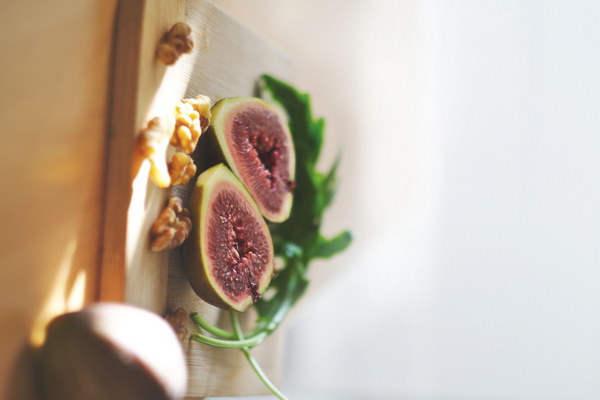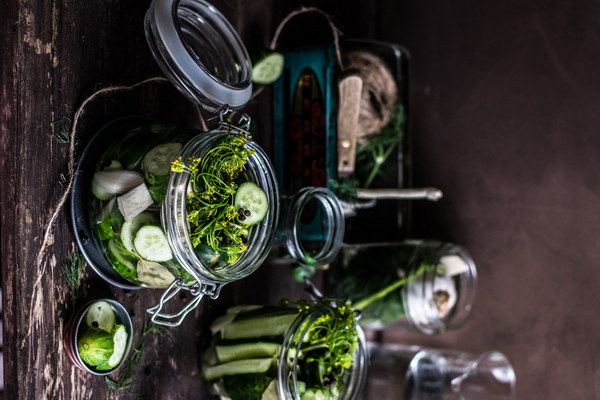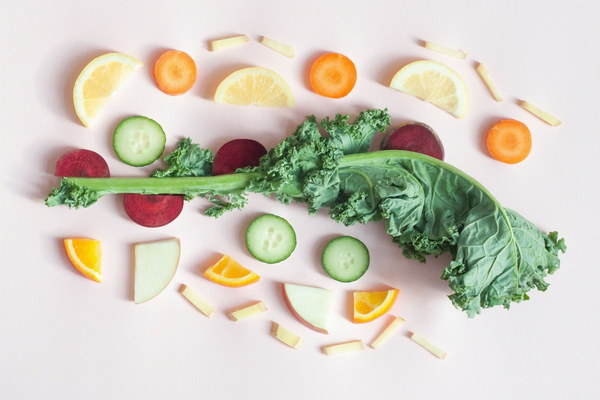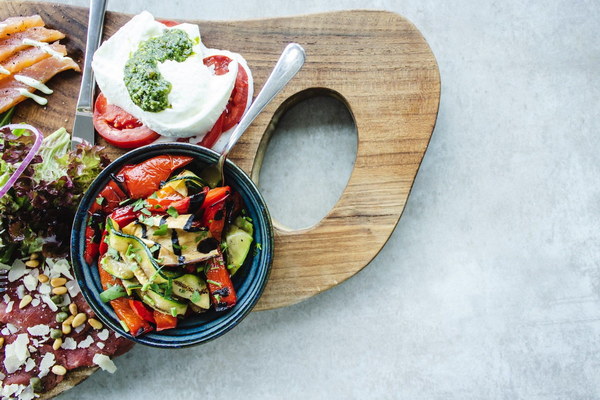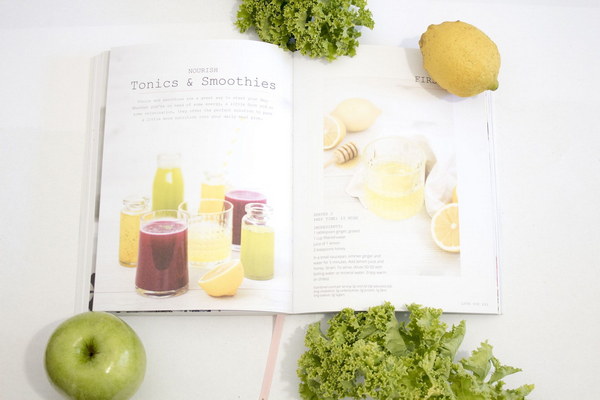Post-Cesarean Recovery A Guide to Nourishing Foods for Boosting Qi and Blood
After a Cesarean section, the body undergoes a significant recovery process, requiring careful attention to nutrition to replenish Qi (vital energy) and Blood. The right foods can aid in healing, increase energy levels, and support the overall well-being of new mothers. Here’s a comprehensive guide to nourishing foods that can help in post-Cesarean recovery.
Introduction
Cesarean section, while a life-saving procedure when necessary, can leave new mothers feeling physically and emotionally drained. It’s essential to focus on a balanced diet that not only supports the healing process but also provides the necessary nutrients to boost Qi and Blood. Traditional Chinese medicine (TCM) emphasizes the importance of postpartum nutrition, and many of the foods recommended can benefit both TCM and Western recovery principles.
1. Postpartum Soup: A Traditional Remedy
Postpartum soup, or congou, is a staple in many cultures and is known to aid in the recovery process. It typically includes ingredients such as chicken, pork, or beef, along with various herbs and vegetables. The soup is rich in protein, vitamins, and minerals, which are crucial for healing and replenishing the body’s Qi and Blood.
Ingredients to consider:
- Chicken or beef bones: High in collagen and minerals.
- Dried dates: Rich in iron and help to replenish blood.
- Goji berries: Boosts Qi and strengthens the immune system.
- Astragalus root: Enhances the immune system and promotes healing.
- Ginger: Helps to ward off colds and flu, and aids digestion.
2. Nourishing Proteins
Protein is essential for tissue repair and recovery. Good sources of protein include lean meats, fish, eggs, and legumes.
- Lean meats like turkey and chicken breast are excellent sources of protein without excessive fat.
- Fish, particularly salmon, is rich in omega-3 fatty acids, which support brain health and reduce inflammation.
- Eggs are a complete protein and can be easily incorporated into various dishes.
- Legumes such as lentils and chickpeas are not only high in protein but also provide fiber and essential nutrients.
3. Iron-Rich Foods
Iron is crucial for the formation of red blood cells and the prevention of anemia, which is common after childbirth.
- Liver and other organ meats are some of the most iron-rich foods available.
- Red meats like beef and lamb are also good sources of heme iron, which is more easily absorbed by the body.
- Dark leafy greens like spinach and kale are rich in non-heme iron, which can be paired with vitamin C-rich foods to enhance absorption.
- Dried fruits such as apricots, raisins, and prunes are also high in iron.

4. Hydration and Electrolytes
Proper hydration is vital after surgery to aid in the elimination of waste products and to maintain electrolyte balance. Water is the best choice, but herbal teas and broths can also be beneficial.
- Water: Aim for at least 8 glasses a day.
- Herbal teas: Chamomile, ginger, and mint teas can help with digestion and relaxation.
- Broths: Clear broths made with bones or vegetables can provide hydration and nutrients.
5. Fruits and Vegetables
A variety of fruits and vegetables should be included in the diet to ensure a wide range of vitamins, minerals, and antioxidants.
- Berries: High in antioxidants and vitamin C, which aids in iron absorption.
- Carrots: Rich in beta-carotene, which is converted into vitamin A, important for skin and immune health.
- Sweet potatoes: A good source of vitamin A, fiber, and beta-carotene.
- Broccoli: Contains vitamin C, calcium, and iron.
Conclusion
Recovering from a Cesarean section requires patience and proper nutrition. By incorporating a variety of nourishing foods into your postpartum diet, you can support your body’s healing process, boost Qi and Blood, and promote overall well-being. Remember to consult with your healthcare provider or a registered dietitian before making significant changes to your diet, especially during the postpartum period.
